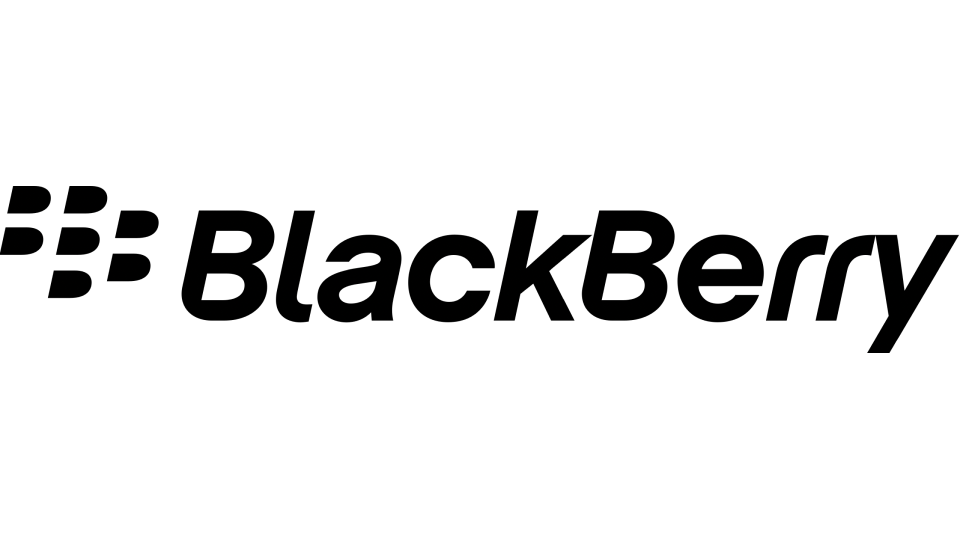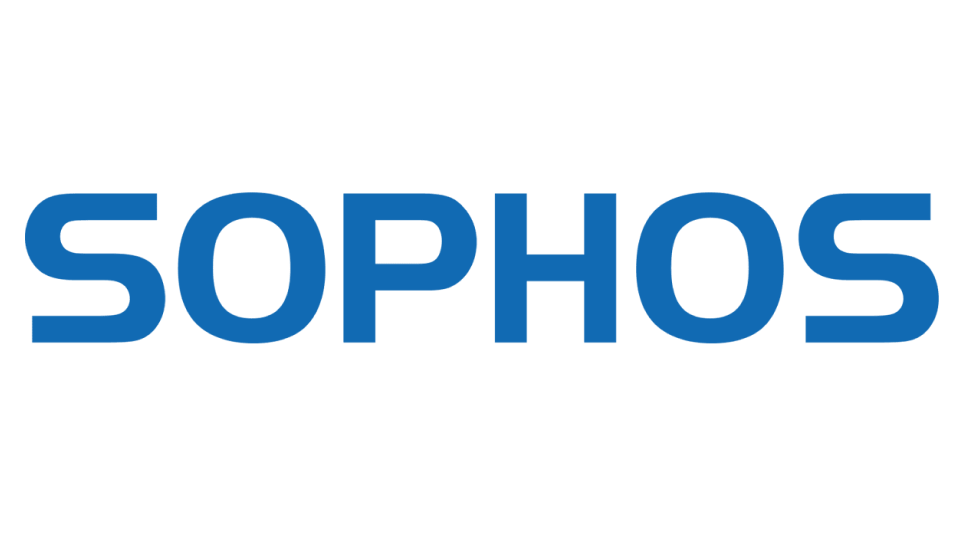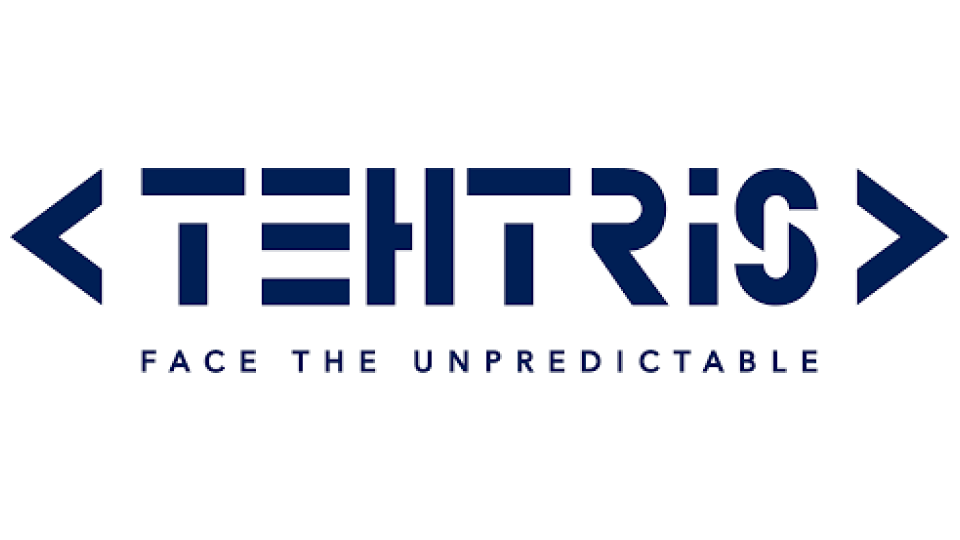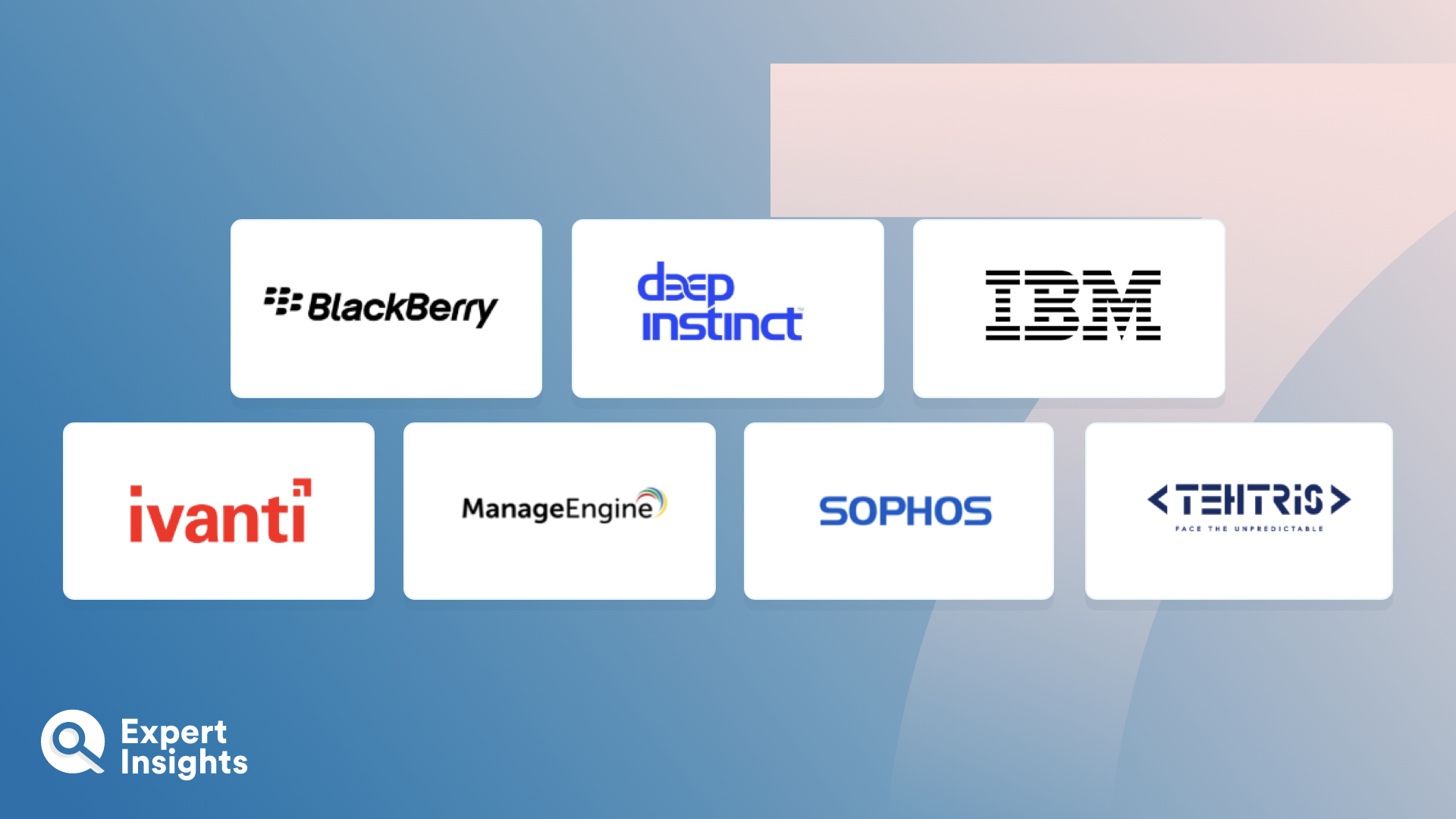Unified endpoint security (UES) solutions enable IT and security teams to monitor and secure all endpoints connected to their corporate network. These include desktops, laptops, cell phones, tablets, and even IoT devices like printers and smart speakers. Many traditional endpoint security solutions are siloed, offering protection only for desktops, or only for mobile devices. UES, on the other hand, enables IT teams to gain a holistic view of security across all their company’s endpoints. This simplifies the creation of security policies and makes it easier to identify and remediate vulnerabilities and malicious activity.
To achieve this, UES solutions combine endpoint protection, endpoint detection and response (EDR), and mobile threat defense (MTD), via a single, comprehensive solution with one management console. The most common features offered by a UES solution include:
- Vulnerability management
- Application controls
- Anomalous behavior detection
- Antivirus and antimalware scanning
- Automated incident response based on admin-configured policies
UES solutions are often confused with unified endpoint management (UEM) solutions—but the two offer very different benefits. UEM solutions provide centralized management for an organization’s endpoints. This enables admins to easily configure endpoint policies and gives IT teams visibility into device health and usage. These insights are used to inform security processes, rather than directly respond to them. UES solutions, on the other hand, enable businesses to proactively identify and remediate cyberthreats across their endpoints—they allow them to implement security processes.
In this article, we’ll explore the top Unified Endpoint Security (UES) solutions. We’ll look at features such as vulnerability management, app controls, threat detection, malware protection, and incident response. We’ll give you some background information on the provider, and the key features of each solution, as well as the type of customer that they are most suitable for.













